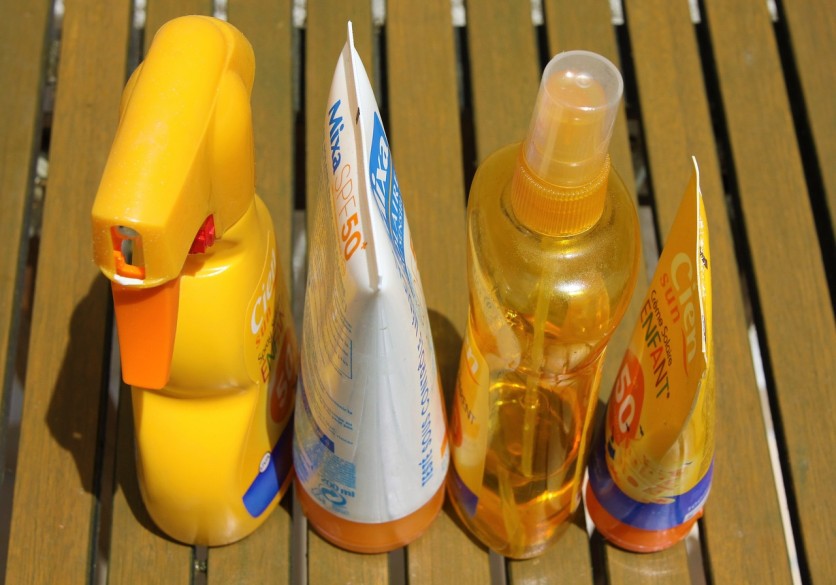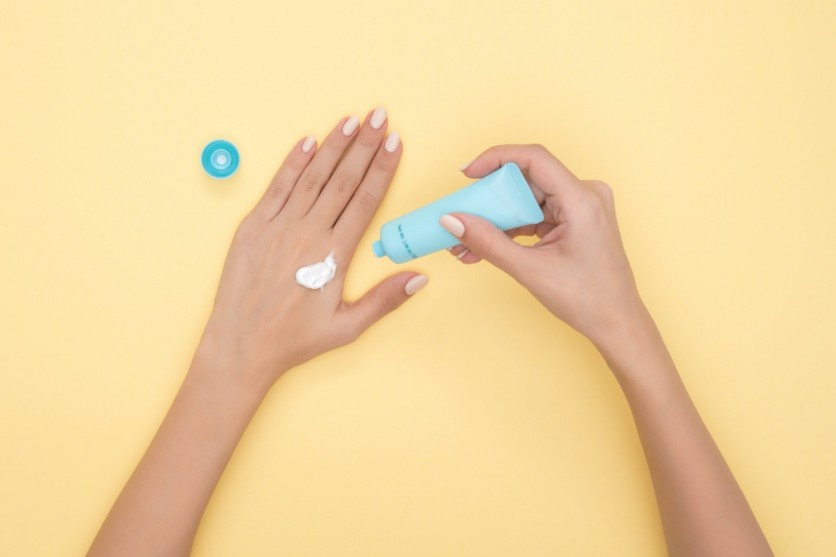Johnson & Johnson has tested the spray-on sunscreen products of Aveeno and Neutrogena, which has been found with low doses of benzene, a known carcinogen. The pharmaceutical company already asked for a recall of the products, as they can cause massive harm in repetitive and prolonged use over the years, developing into some form of cancer.
US big pharma Johnson & Johnson has a lot on their plate right now, especially as they face controversies on their COVID-19 virus which was linked to Guillain-Barré syndrome, causing paralysis.
Johnson & Johnson Tests Sunscreens for Benzene

According to Johnson & Johnson's website, the company tested traces of low amounts of "Benzene" a known carcinogen or cancer-causing substance on its sunscreens. Initially, Valisure warned the FDA for sunscreens readily available in the market for containing harmful materials, including that of benzene and others.
The company has said that it voluntarily tested their products and found low levels of benzene from it, and would be aiming to remove or change the component. Benzene can have different effects on the body, and it would depend on the level of exposure that a human faces or encounters. It can range from mild or extreme cases of cancer.
According to CNET, Benzene is a product found in crude oil, cigarette smoke, plastic, and pesticides, with all these substances known to be toxic to human health.
Aveeno, Neutrogena's Spray-On Sunscreen Faces Recall
With that, the products of Johnson & Johnson have faced a voluntary recall, focusing on Aveeno and Neutrogena's spray-on sunscreen which were said to have low traces.
The list of all affected products include:
- AVEENO® Protect + Refresh aerosol sunscreen.
- NEUTROGENA® Beach Defense® aerosol sunscreen
- NEUTROGENA® Cool Dry Sport aerosol sunscreen
- NEUTROGENA® Invisible DailyTM defense aerosol sunscreen
- NEUTROGENA® Ultra Sheer® aerosol sunscreen
J&J said that benzene is not exactly a product that they put on their sunscreens. However, its aerosols or spray-on ones have been found to contain it, hence the company's responsibility to take it back and have it recalled.
Johnson & Johnson is currently working on removing it and returning said recalled products back to the market, with safe application to the human body.
Is Using Sunscreen Safe?

Using sunscreen is needed to avoid skin damage by going under direct sunlight, on a hot summer's day. It can help be providing the skin with an extra layer of protection that would filter out harmful UV rays, which have escaped the filtration of the ozone layer.
That being said, some sunscreens have benzene in them in low doses, and the FDA allowed this, as sometimes, it cannot be avoided during the manufacturing process. In small doses, benzene is not harmful, but prolonged and high doses can lead to cancer, so use the product with moderation in mind.
Related Article : Johnson & Johnson's COVID-19 Vaccine is Protective Against Delta Variants, But Is It Safe for Public Use?
This article is owned by Tech Times
Written by Isaiah Richard
ⓒ 2025 TECHTIMES.com All rights reserved. Do not reproduce without permission.




